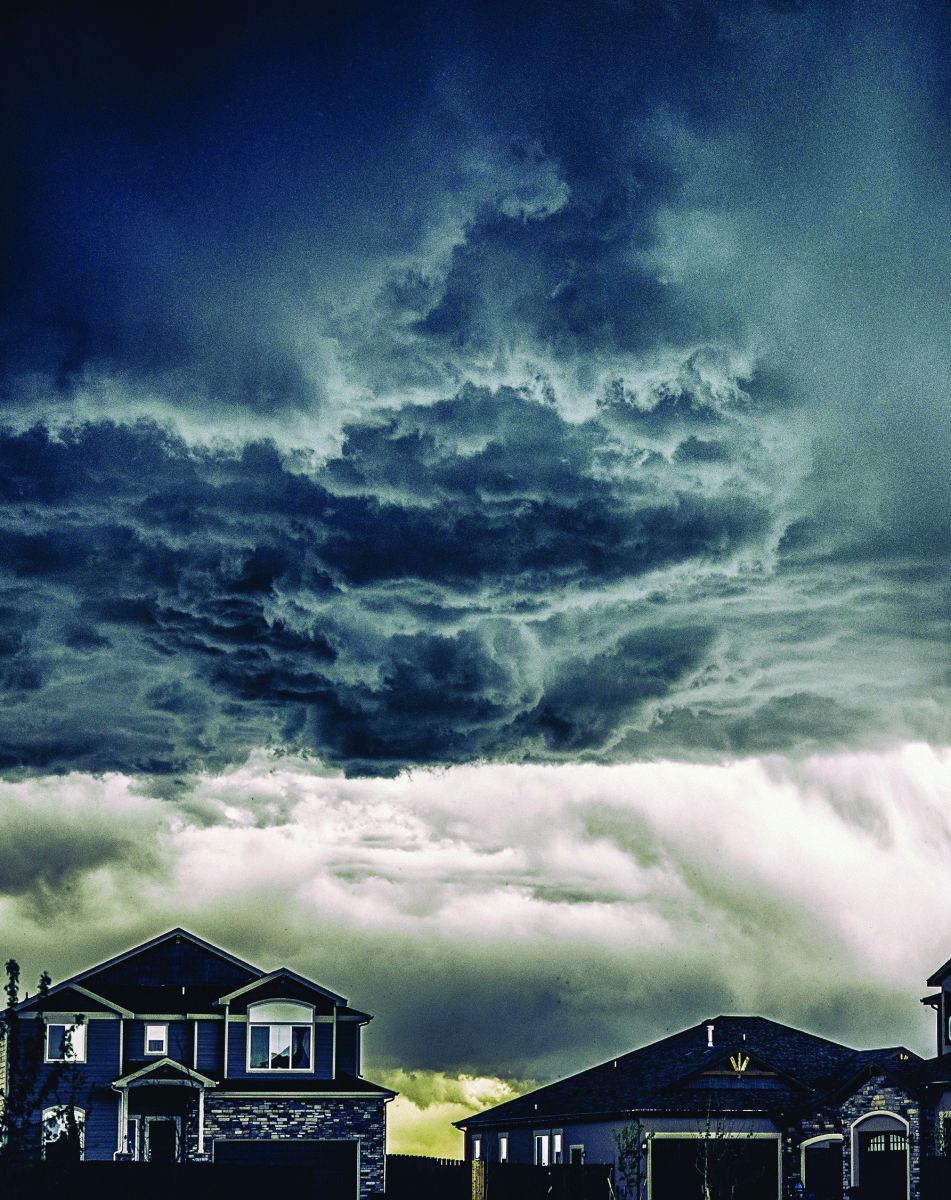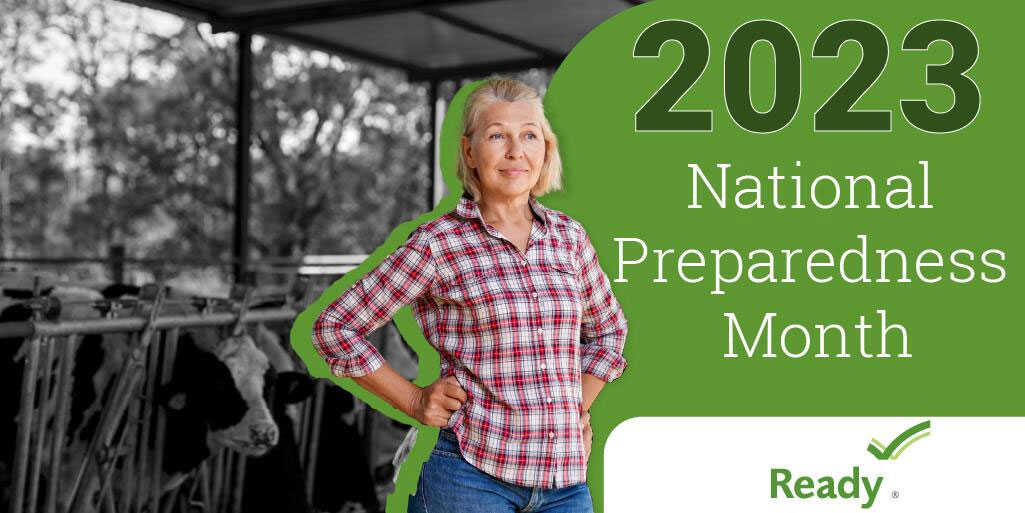How to be Prepared if Disaster Strikes

Severe weather that damages homes and displaces residents can happen at any time. Planning before disaster strikes helps people stay safe and limit property damage. Don’t wait until the forecast calls for severe weather because you may not have enough time to prepare.
Each September, the U.S. Federal Emergency Management Agency (FEMA) recognizes National Preparedness Month to encourage and remind Americans to be prepared for disasters or emergencies in their homes, businesses, and community. Here are several tips to help you and your family plan for emergencies:
Know the Type of Risk in Your Area.
Most communities face specific types of hazards. It is essential to learn the risks specific to your home and how to assess them if you are away from home. Also, states and localities have emergency alert systems to notify residents should dangerous weather start to approach their area. Visit Ready.Gov/Alerts to learn more about the types of notifications available.
Check Your Homeowners Insurance Policy.
You must review your insurance policies to make sure you are covered for losses incurred as a result of a natural disaster or brutal storm. Damage caused by flooding, earthquakes and hurricanes is generally not covered by your regular homeowner’s policy but can be purchased separately.
Create a Family Emergency Plan.
When harsh weather hits, you should have a plan to stay connected with your family or loved ones. Ready.Gov recommends putting a communication plan together with your family to know how to contact one another and reconnect if separated. Experts suggest choosing a family meeting place that is familiar and easy to find.
Assemble a Disaster Kit.
An emergency supply kit will help you and your family with natural disasters. You may lose power or need to evacuate your area, so it is vital to have essential items on hand. Your kit should contain basic items such as water, food, a flashlight, a first aid kit, battery or solar powered radios, and a whistle to signal for help. It would be best to consider what unique items you may need for your family, such as supplies for seniors or pets. For additional ideas on creating an emergency supply kit, visit Ready.Gov.
Taking these steps can help keep you and your family safe. National Preparedness Month is a time to ensure you prepare for the unexpected. You can read more at Ready.Gov/September.
 For more disaster resiliency tips for you and your home, contact the Central Washington Home Builders Association or visit www.CWHBA.org.
For more disaster resiliency tips for you and your home, contact the Central Washington Home Builders Association or visit www.CWHBA.org.
(2).jpg)
CENTRAL
WASHINGTON
HOME
BUILDERS
ASSOCIATION
CWHBA
509-454-4006
www.CWHBA.org
3301 W. Nob Hill Blvd.
Yakima, WA
© Copyright 2025 | All rights reserved | Privacy Policy
"We do not share any client data with third parties. Your personal information is kept confidential and is not disclosed to any outside organizations except as required by law or with your explicit consent."
